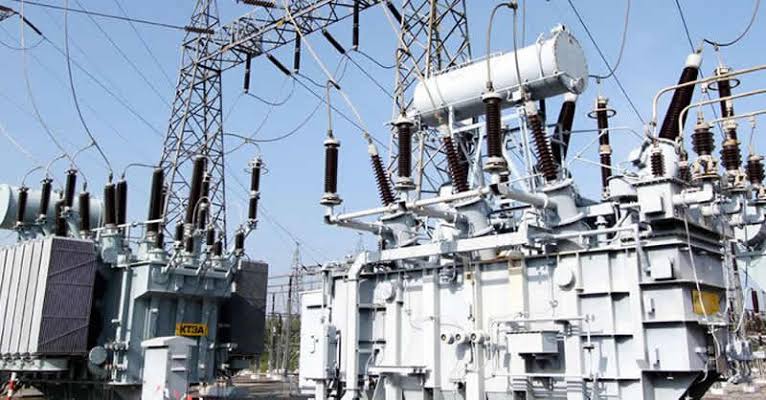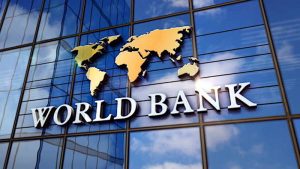
The Nigerian electricity sector recorded a decline in the fourth quarter of 2024 (Q4 2024), with the electricity production index dropping by 1.64% year-on-year (y-o-y), according to data from the Central Bank of Nigeria (CBN). This marks a reversal from the 5.55% growth recorded in the third quarter (Q3 2024).
Despite the annual decline, the sector showed signs of recovery on a quarter-on-quarter (q-o-q) basis, with the index rising by 22.50% compared to the sharp 49.46% drop in the previous quarter. The improvement was largely attributed to an enhanced gas supply to thermal power stations and the continued implementation of the Siemens Power Project, which has strengthened power generation, transmission, and distribution networks.
Average estimated electricity generation increased by 2.34% to 4,206.50 megawatts per hour (MW/h) from 4,110.47 MW/h in Q3 2024, while electricity consumption also saw a modest rise of 2.63%, reaching 4,105.66 MW/h from 4,000.24 MW/h in the preceding quarter.
The slowdown in the electricity sector comes despite Nigeria’s broader economic expansion in Q4 2024, where 21 out of 22 subsectors recorded positive growth. This growth was fueled by improved business confidence, increased consumer spending, and strong performance in key sectors such as agriculture, manufacturing, and telecommunications.
Government fiscal and monetary policies aimed at stabilizing inflation and boosting investment also contributed to the economy’s momentum. Additionally, the oil and gas sector benefited from relatively stable crude oil prices and increased domestic production, further supporting overall economic output.
The non-oil sector, particularly fintech and digital services, played a significant role in driving economic activities, highlighting the growing diversification of Nigeria’s economy.








